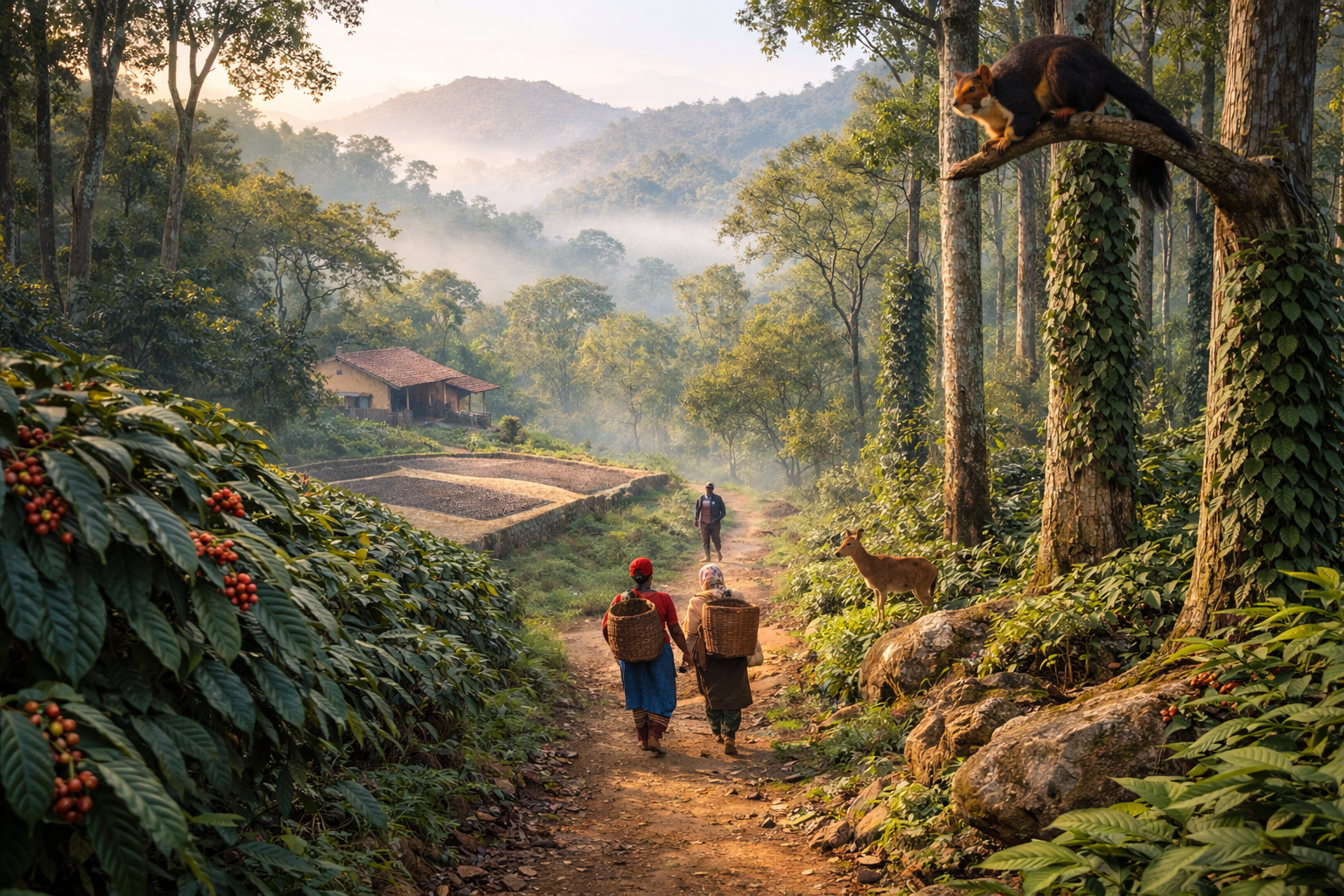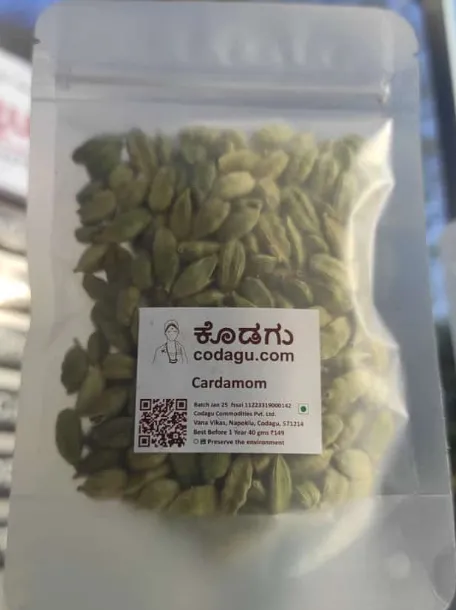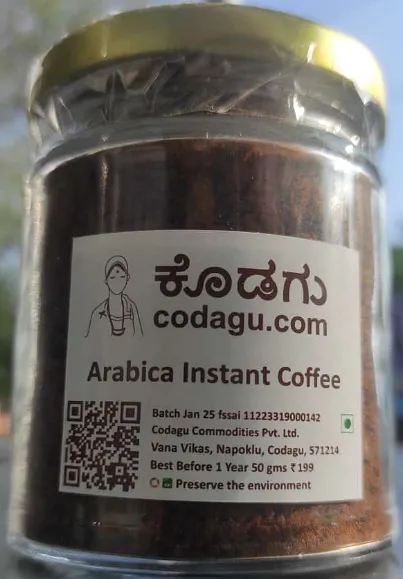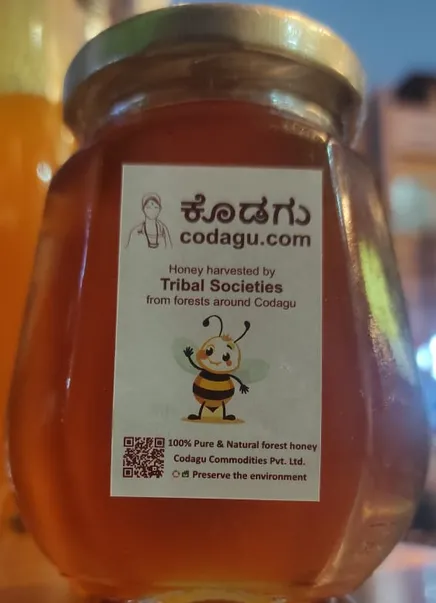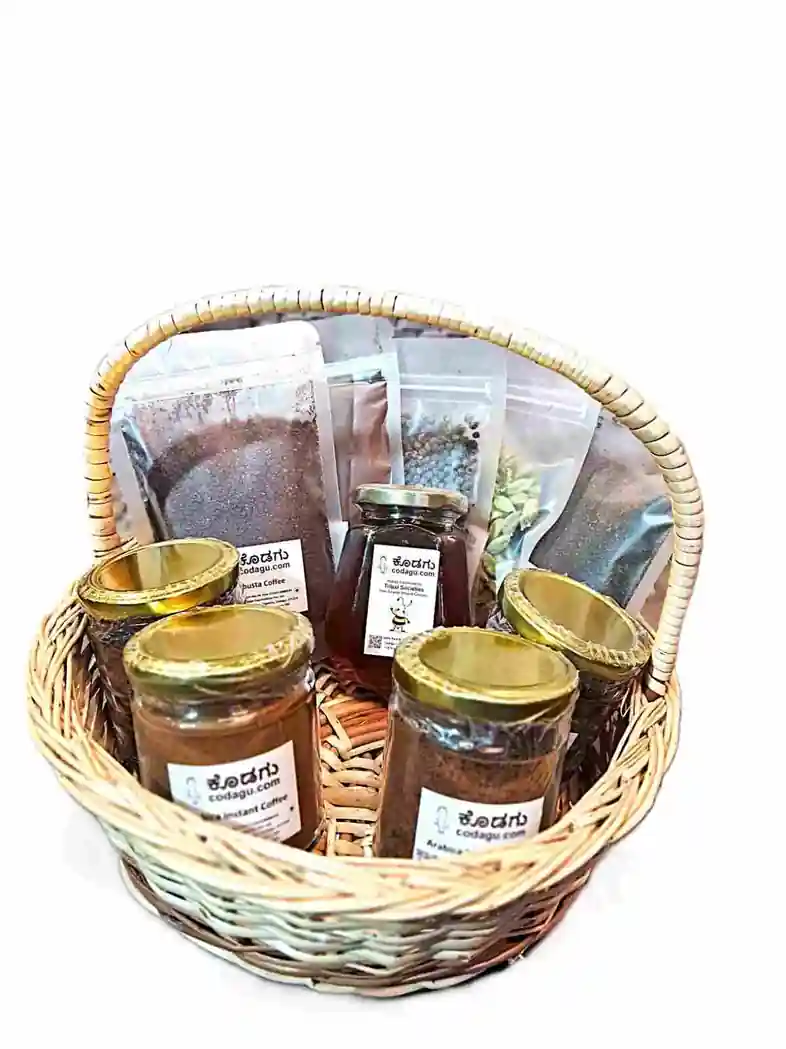The Cultural Significance of Coffee in Kodagu: How it's Celebrated in Festivals and Rituals
Kodagu is famous for its scenic beauty, coffee plantations, and rich cultural heritage. Coffee has played a significant role in Kodagu's history and culture, and it is an essential part of the region's festivals and rituals.
Coffee was introduced to Kodagu in the 19th century by British planters, and it soon became a major crop in the region. The coffee plantations became the mainstay of Kodagu's economy, and the district gained recognition as one of the premier coffee-growing regions in the world.
The cultural significance of coffee in Kodagu is reflected in the region's festivals and rituals. One of the most significant festivals in Kodagu is the Kodava Gowri festival, which is celebrated in honor of the goddess Gowri. During the festival, people offer the goddess a special drink called 'Bella Coffee'. Bella Coffee is made by boiling coffee beans in water, adding jaggery or sugar, and then filtering the mixture. The drink is then offered to the goddess and distributed among the devotees.
Another important festival in Kodagu is the Huthari festival, which is celebrated in December to mark the harvest season. Huthari is celebrated with great enthusiasm, and it is customary to offer coffee to guests during the festival. Coffee is also served to the deities during the festival, and people exchange gifts of coffee and other traditional items.
Apart from festivals, coffee is also an important part of Kodagu's daily rituals. In the morning, people in Kodagu start their day with a cup of coffee, which is usually made from freshly ground beans. Coffee is also served to guests as a sign of hospitality, and it is considered impolite to refuse a cup of coffee when offered.
Coffee has significantly influenced Kodagu's history and culture. It is not just a crop, but a symbol of Kodagu's identity and way of life. The cultural significance of coffee in Kodagu is reflected in the region's festivals and rituals, where it is offered to deities, used as a sign of hospitality, and shared among the people as a mark of community and tradition.

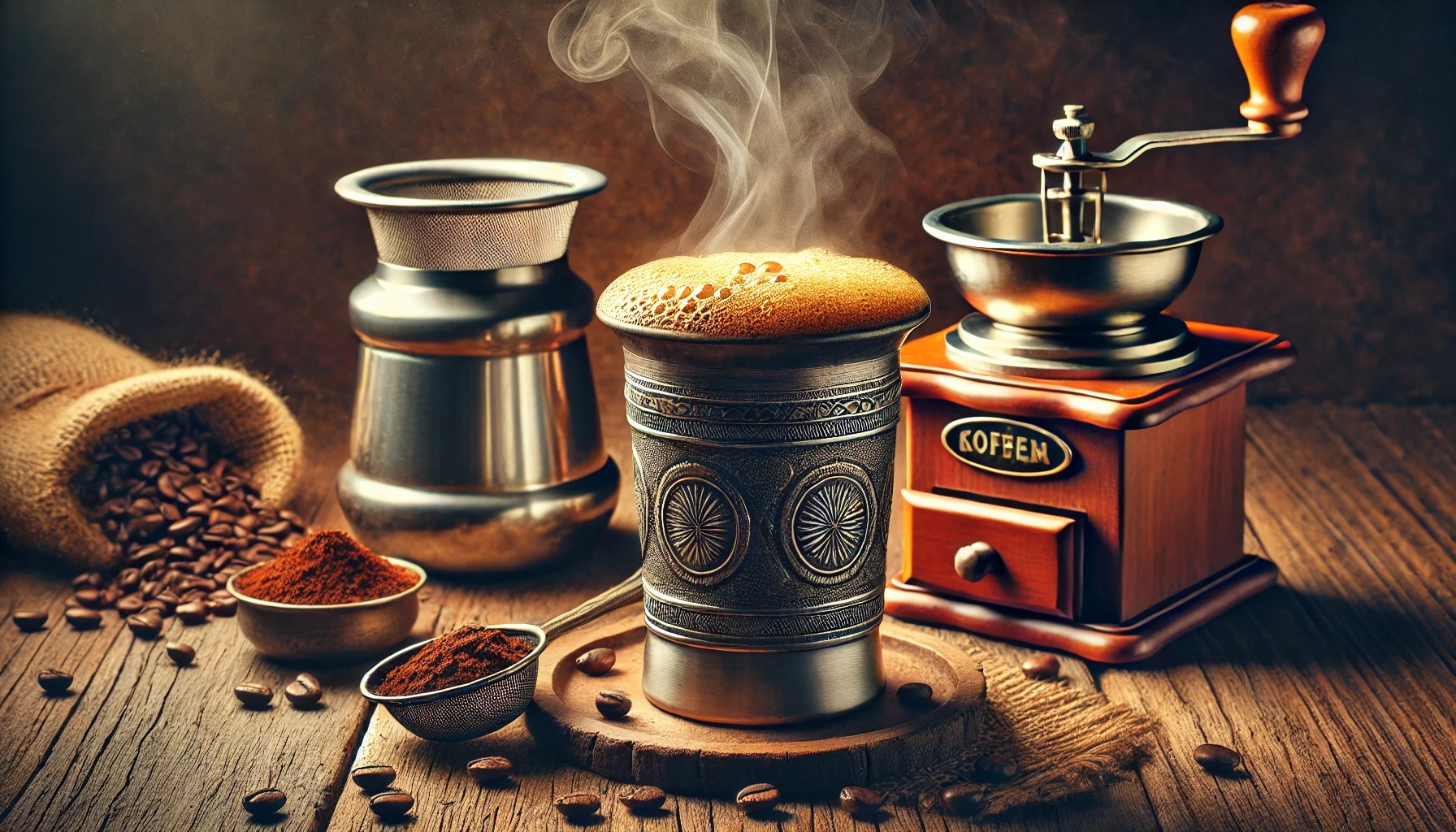
.jpg)

